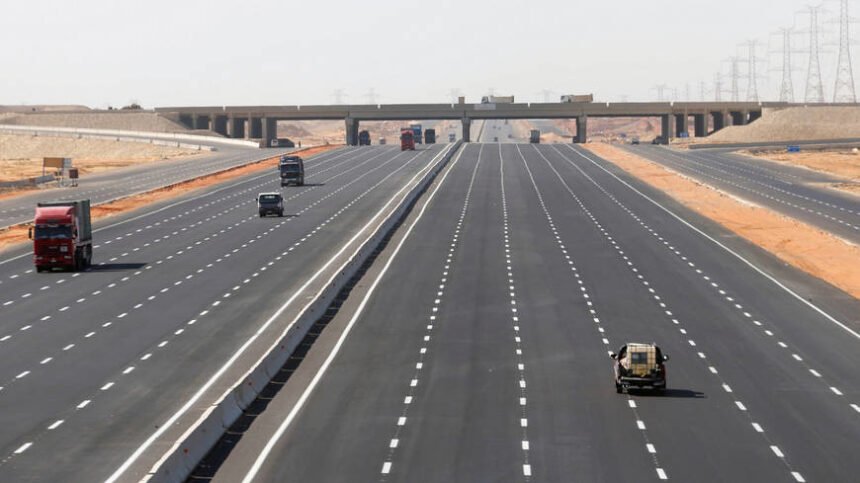Zimbabwe is poised to benefit significantly from the Trans-Africa Highway Network, which includes two major roads passing through the country. The Cairo-Gaborone Highway, starting in Egypt, travels through Khartoum, Ethiopia, Kenya, Zambia, Zimbabwe, Botswana, and into South Africa. This highway connects with the Tripoli to Windhoek route, creating a vital link between southern, central, and northern African countries.
Another key route is the Beira-Lobito corridor, which starts from Mozambique into Zimbabwe, Zambia, and Angola. These highways are essential corridors for the movement of goods across the continent, positioning Zimbabwe strategically to benefit from this infrastructure development. A great move for the efficiency in movement of goods across the continent under AfCFTA.
As a landlocked country, Zimbabwe faces a pressing need for infrastructure improvements, including the construction of dry ports, enhanced road networks, fuel stations, rest areas, and upgraded cross-border systems to expedite customs clearance. These developments will ensure a smooth and continuous flow of goods across borders.

The Trans-African Highway Network is part of the Africa Mega Infrastructure Project, crossing the entire continent. Envisioned more than 40 years ago by the United Nations Economic Commission for Africa (UNECA), the African Development Bank (AfDB), and the African Union, in collaboration with regional international communities, this network of highways aims to connect Africa from north to south and east to west. First proposed in 1971, this ambitious plan seeks to boost internal trade within Africa by constructing nine major roads linking key cities. These networks will collectively span nearly 60,000 kilometers.
Although progress has been gradual, the completion of this project will herald a new era for intra-African trade. One of the nine planned roads, the 4,400-kilometer Trans-Sahelian Highway, is already complete, connecting Dakar, Senegal, to Ndjamena, Chad. While over half of the network has been paved, maintenance continues to be a priority. The remaining eight highways are progressing steadily, with three expected to be completed soon.
Additionally, the African Integrated High-Speed Railway Network is another crucial development to watch, further enhancing connectivity and trade across the continent.










